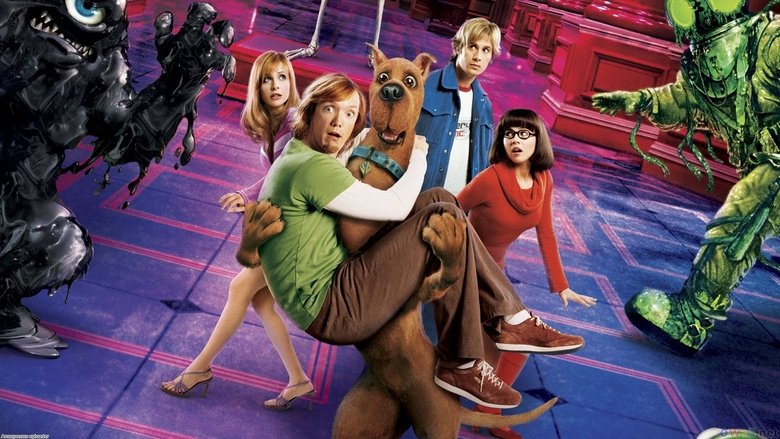
“It really just was a double-down on the double standard of the emotional permission that we give women of color and Black women in particular.” “She was not deemed as angry,” Williams said. Just a few months ago, Williams was called “angry” by a castmate in the same “Housewives” scene where co-star Leah McSweeney, who is White, called everyone “hoes” and stormed off after an expletive-ridden tirade. This trope has persisted, from shows in the early and mid-aughts such as “Flavor of Love” and “Love & Hip Hop” to “The Bachelorette,” where the show’s first Black lead, Rachel Lindsay, saw her 2017 season finale center on her emotional breakup with the runner-up rather than the happily-ever-after with her now-husband. “I don’t think that they’ve ever been around a strong African American woman, to be quite frank,” Manigault Newman told the camera after one of many arguments with castmates. Her role as the villain, one that she has unabashedly leaned into, made her the most famous contestant.
#Infamous 2 voice actors tv#
One long-standing cultural narrative, often fueled by reality TV, is the “angry Black woman” caricature - one of the earliest and most famous reality TV examples being former Trump administration staffer Omarosa Manigault Newman, who appeared in the first season of “The Apprentice” in 2004. And I think reality TV, for better or for worse, can be a great opportunity to inform what that looks like.” “Black women are the most misunderstood beings in American society. I also think Black women potentially stand to gain more than anybody by being on reality TV, depending on how we choose to use our platforms,” Williams said. “I think Black women risk more than anyone else by being on reality TV. So, after two decades of contributions to the genre and the culture - and an ongoing reckoning around racism in entertainment - it’s time to ask: What does reality TV owe Black women?

However, Frazier said, “I have seen and heard from a number of people.

(Lifetime severed ties with Miller at the height of the Black Lives Matter protests last summer after the dance teacher posted in support of the hashtag #BlackoutTuesday campaign, and was accused of hypocrisy by cast members who recalled her making racist comments.) Networks including ABC and We TV did not respond to a request for comment on specific criticism they have received for various story lines and allegations in this article Lifetime and Bravo declined to comment. Frazier in particular has received some overdue acknowledgment - even if she has never received an apology from Miller herself. There are signs of progress, particularly in the past year and a half, as networks and producers have faced their own culpability. But even with the drama, the fights and the suspiciously edited scenes, reality TV has given many of these women careers, introduced them to romantic partners or helped them achieve financial security - while giving some a platform to make meaningful change.Ĭasting director, executive producer: “To Rome for Love” End of carousel Shows with predominantly Black casts including “Real Housewives of Atlanta,” “Basketball Wives” and “Love & Hip Hop” have made ensemble shows a thriving subset of the genre as their casts and creators face intense criticism that their White counterparts are often spared. In interviews with more than a dozen Black women who have starred in some of the most famous reality shows, as well as producers, network executives and casting directors, almost none say they regret opening up their lives and revealing their vulnerabilities to millions of viewers. They have carried shows with powerful story lines and memorable scenes that expose us as a society, which is the whole point of the “reality” genre.

They have appeared as some of the genre’s most iconic stars and are the subject of quotes and memes that fuel Internet culture and social media discourse. Then, they’re sidelined and villainized.īut one thing is often overlooked: Reality TV would never have become the billion-dollar industry it is today without Black women. Black women are stereotyped as angry or too sensitive or ill-informed. The dynamics of the infamous “Laquifa” scene, as it’s known online, have played out since the dawn of reality TV two decades ago. … It was the idea that someone else had the power and audacity to tell me this is what Black women - what Black girls - look like.” “No, it’s not a life-or-death issue, but it still has a profound effect on a child’s development. You’re never satisfied,’ ” Frazier said in an interview. You ask for your kid to have a solo, she finally got a solo. “People were like ‘You’re just being too sensitive.


 0 kommentar(er)
0 kommentar(er)
